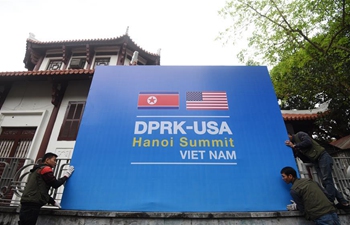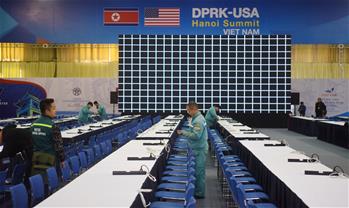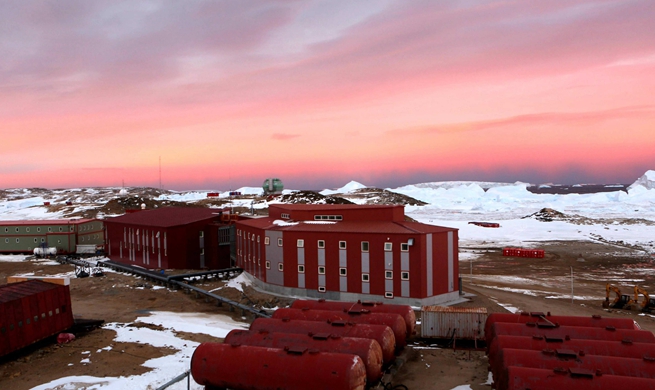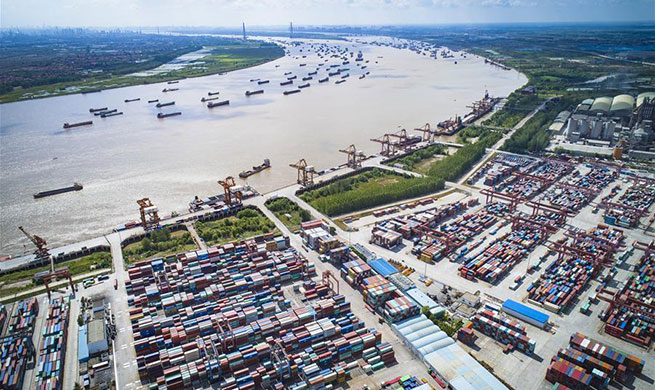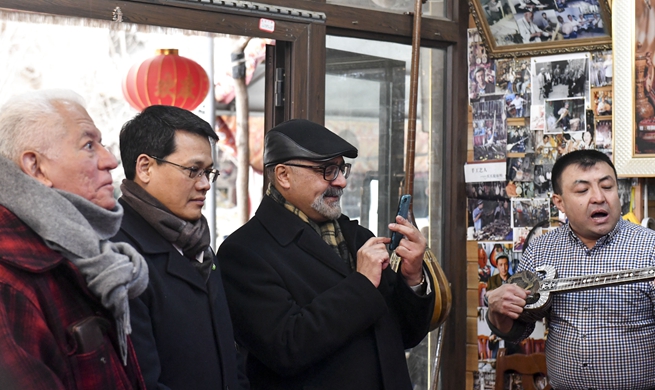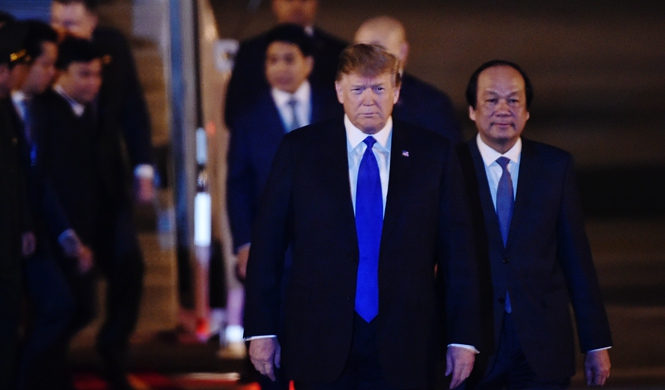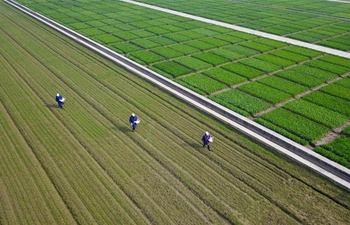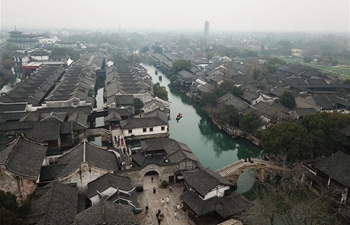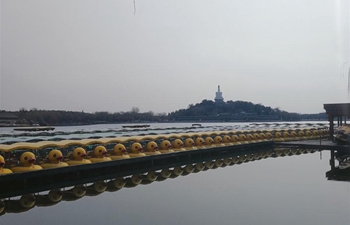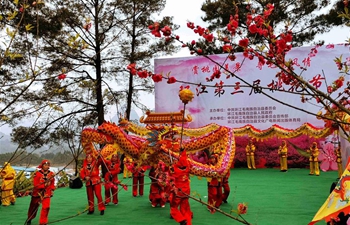URUMQI, Feb. 27 (Xinhua) -- Fourteen major cities in northwest China's Xinjiang Uygur Autonomous Region had their air quality improved in 2018, thanks to intensified efforts in environmental control.
The average concentration of sulfur dioxide, nitrogen dioxide, carbon monoxide, ozone, and fine particles dropped by 15.4 percent, 10 percent, 23.1 percent, 6.3 percent and 10.9 percent respectively from the previous year in the cities, according to the regional ecology and environment department.
The share of days with good air quality stood at 74.7 percent on average in the cities. The number of days with heavy air pollution was down by 0.3 percentage points from 2017.
The region has been improving the structure of industries, energy use and transportation, and has taken measures to treat pollution from industrial production, coal burning and vehicles.
Xinjiang removed the outdated production capacity of 3.875 million tonnes in the coking industry, 1.331 million kilowatts of the power supply, and 2.15 million tonnes in the steel industry in 2018.
The region expanded the area of clean energy heating systems by 5.73 million square meters last year. A total of 1,254 coal-fired boilers have been abandoned or upgraded.
It also removed 147,000 old vehicles from the roads to reduce pollution.







